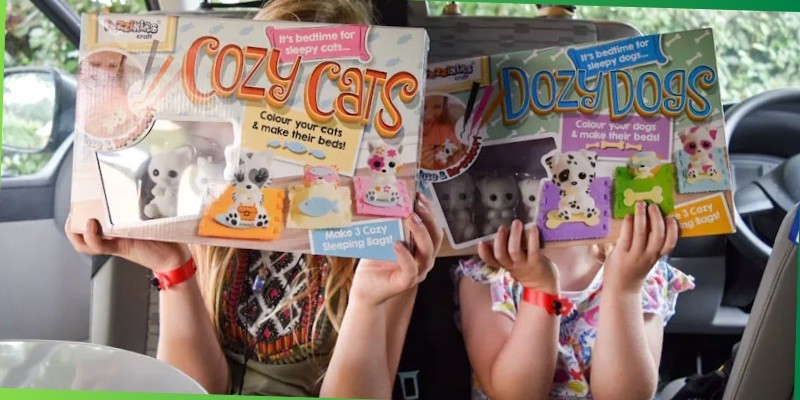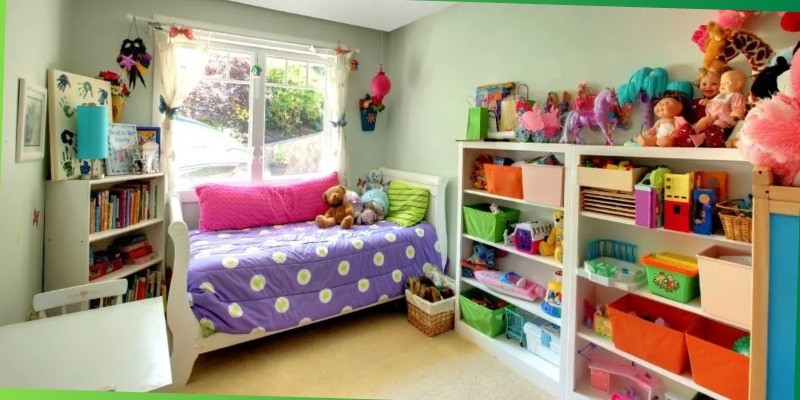Last Updated on January 3, 2023
It can be really tough when you see your teenager hanging out with bad friends. You may feel like you are losing control and that there is nothing you can do about it. But there are some things you can do to try and stop your teenager from hanging out with bad friends.
Here are a few tips:
1. Talk to your teenager about why they are hanging out with these friends. Try to get to the root of the problem and see if there is anything you can do to help them make better choices in friends.
2. Set clear rules and boundaries about who your teenager is allowed to hang out with and where they are allowed to go. Be sure to enforce these rules consistently.
3. Get involved in your teenager’s life as much as possible.
Attend their school events, sports games, etc. This will help you keep tabs on who they are spending time with and what they are doing when they are not with you.
4. Encourage your teenager to spend time doing activities that interest them outside of school or work.
- Talk to your teenager about their friends and why you are concerned
- Explain the consequences of hanging out with bad friends, such as getting into trouble or skipping school
- Help your teenager find other activities to do that are positive and constructive, such as joining a sports team or club
- Encourage your teenager to talk to you if they are feeling peer pressure from their friends to do something that they know is wrong
7 Things Only Fake Friends Do
How to Stop Hanging Out With Bad Friends
The first step is acknowledging that you have a problem. If you find yourself hanging out with bad friends more often than not, it’s time to take a step back and assess the situation. Why are these the people you’re spending your time with?
What do they offer that’s appealing to you?
Once you’ve identified what it is that’s attracting you to these individuals, it’s time to start making some changes. First, try distancing yourself from them gradually.
Spend less time with them both in person and online. If they’re always the ones initiating contact, let them know that you’re busy and can’t always be available.
It may also be helpful to find new activities and interests that don’t involve your bad friends.
This way, you’ll have less reason to run into them on a regular basis. And if you do happen to see them around town, don’t hesitate to say hello – but keep it brief and avoid getting pulled into any extended conversations or invitations.
Finally, remember that change doesn’t happen overnight.
It takes time and effort to break old habits and establish new ones. But if you’re committed to moving on from your bad friends, eventually you’ll get there!

Credit: www.empoweringparents.com
What Do You Do When Your Teen Has Bad Friends?
It can be difficult when your teenager has friends that you don’t approve of. It is important to remember that at this age, friendships are very important to your teen and they are likely to be very loyal to their friends, even if you don’t approve of them.
Here are some things you can do if you don’t approve of your teen’s friends:
1. Talk to your teen about why you don’t like their friends. Be sure to explain your reasons calmly and clearly. Listen to what your teen has to say about their friends as well.
It may be helpful to write down your thoughts beforehand so that you don’t forget anything or get too emotional during the conversation.
2. Try to get to know their friends better. Invite them over for dinner or go on a family outing with them.
This will help you understand them better and it may also help your teen see them in a different light.
3. Offer alternatives for activities and socializing. If you don’t want your teen hanging out with their bad influences, suggest other activities that they can do instead such as joining a club or going out with other family members or friends that you approve of.
4. Set rules and boundaries regarding who your teen can spend time with and where they can go. Be firm but fair in enforcing these rules – if they break the rules, then there should be consequences such as losing privileges or being grounded. However, if they stick to the rules then praise and reward them accordingly.
How Do I Help My Daughter With Friendship Problems?
If your daughter is having friendship problems, it can be tough to know how to help. Here are a few things you can do:
1. Listen to your daughter and offer support.
It can be difficult for kids to open up about their feelings, but it’s important to let her know that you’re there for her. Let her know that it’s okay to feel upset and that you’ll help her through this tough time.
2. Help her identify the problem.
Once your daughter has opened up about what’s going on, try to help her pinpoint the source of the problem. Is there a specific friend she’s having trouble with? Is she feeling left out of a group?
By helping her narrow down the issue, you can start brainstorming solutions together.
3. Talk through possible solutions. There are many ways to solve friendship problems, so sit down with your daughter and talk through some options.
If she’s being excluded from a group, maybe she can try joining another club or activity where she feels more included. If she’s having trouble with a specific friend, maybe she can talk to them directly about what’s going on or even find a new friend altogether. Brainstorming different solutions will give your daughter some ideas of what she can do next.
4. Encourage positive self-talk . It’s normal for kids (and adults!) to have negative thoughts when they’re experiencing conflict in their friendships . But these negative thoughts can make the situation seem even worse than it is .
Help your daughter counter any negative self-talk by encouraging positive statements like “I’m capable of handling this” or “I have other friends who care about me.” Remind her that everyone goes through tough times with friends and that things will eventually get better . Positive self-talk will help boost her confidence and mood as she works through this difficult situation .
How Do I Get Rid of Bad Influence Friends?
It’s not always easy to get rid of bad influence friends, but it’s definitely possible. Here are a few tips:
-Talk to your friend about your concerns.
This is the first and most important step. If you don’t feel comfortable talking to your friend, then you probably shouldn’t be friends with them in the first place. Be honest and direct with your friend, and explain why you’re worried about their influence on you.
-Set boundaries with your friend. If they continue to pressure you into doing things that make you uncomfortable, it’s time to set some boundaries. Let them know what behaviors are not acceptable, and stick to those boundaries.
-Spend less time with your friend. If setting boundaries doesn’t work, or if you just don’t feel comfortable around your friend anymore, then it’s probably best to spend less time with them. You don’t have to completely cut them out of your life, but distance yourself as much as possible.
-Find new friends who share your values. One of the best ways to get rid of a bad influence friend is to find new friends who share your same values and interests. These friends will support and encourage you in making positive choices, which will help you stay away from negative influences like your old friend.
What Do You Do When You Don’T Like Your Child’S Friends?
If you don’t like your child’s friends, the best thing to do is talk to your child about it. Explain why you don’t like them and see if your child has any other thoughts on the matter. If your child agrees that they’re not good friends, then help your child find new friends.
This can be done by joining a club or activity that interests them, or by meeting other families with similar interests. It’s important to support your child in finding new friends, as this will help them feel more comfortable in social situations and make it easier for them to make lasting friendships.
Conclusion
If your teenager is hanging out with bad friends, there are some things you can do to stop it. First, talk to your teenager about why they are spending time with these friends. If there is a reason, such as wanting to be accepted or feeling like they don’t fit in elsewhere, try to help them find other activities or groups where they can feel more comfortable.
You can also set limits on who your teenager spends time with and where they go. If necessary, you may need to get involved with your teenager’s school or contact the parents of their friends to monitoring the situation.







